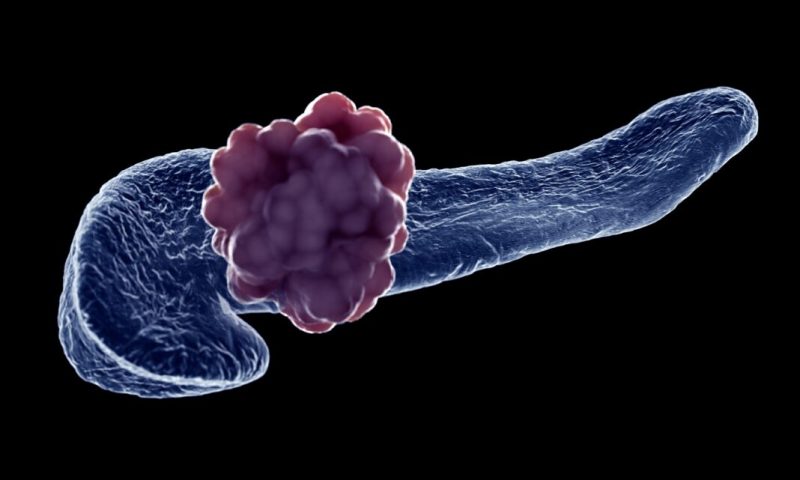PharmaCyte Biotech, which specializes in cell-based treatments for cancer and diabetes has announced that its clinical trial product, CypCaps™, remains stable and active after 18 months when stored at -80°C. The next timepoint milestone for the product comes at 24 months. CypCaps are genetically engineered human cells, specifically engineered to treat unresectable pancreatic cancer, and encapsulated using PharmaCyte’s Cell-in-a-Box® technology.
Cell-in-a-Box is a multi-step process. Cells are first suspended in a medium containing a proprietary polymer plus sodium cellulose sulfate. Droplets created from this suspension fall into a solution containing another polymer. The two polymers self-assemble into a membrane that surrounds each 700–800mm-sized droplet and its cargo of approximately 20,000 living cells. The number of cells delivered varies according to the size of the cell.
Live encapsulated cells stored at -80°C for 18 months passed all relevant tests for viability, activity, potency, and physical appearance. The FDA will soon be in possession of this data, in support of PharmaCyte’s IND application requesting a Phase IIb clinical trial.
The cells involved here are a type of HEK293 cells, a human cell line that has been modified to over-express a cytochrome P450 enzyme.
“We know that, in the laboratory, encapsulated HEK293 cells can be kept at -80°C in vials for more than five years without loss of viability,” says PharmaCyte Biotech’s CEO, Kenneth L. Waggoner. “This study examined shelf life under GMP in filled syringes. We found that viability, enzymatic activity, pH, sterility, and container closure remained similar after 18 months at -80C.”
Therapy cells that degrade under typical storage conditions have a short shelf life, making them more expensive and in some instances impractical as therapeutics.
“The results of this stability study mean that CypCaps can be manufactured in large quantities, which reduces the costs involved both in production and quality control, then stored and used as necessary in the clinic,” Waggoner adds.
In CypCaps the HEK293 cells produce a cytochrome p450 enzyme that converts a prodrug to its active or cancer-killing form. Under standard protocols this occurs in the liver, where several cytochrome enzymes act on the prodrug. Some transformations produce the cytotoxic chemotherapy agent, but others generate toxic side products. The result is a large, often toxic systemic dose.
With CypCaps, the prodrug-to-active drug conversion occurs at the disease site, inside the pancreas and, specifically, to produce only the tumor-fighting molecule.
“The cytochrome P450 enzyme produced in encapsulated HEK293 cells is particularly effective at activating chemotherapeutic prodrugs like ifosfamide to their tumor-active metabolites,” Waggoner tells GEN. “The active metabolites are short-lived, so to maximize their effectiveness this activation occurs near the tumor. Since local activation at the tumor site is so effective, much lower doses of ifosfamide can be used resulting in few or even none of the side effects normally associated with chemotherapy.”

